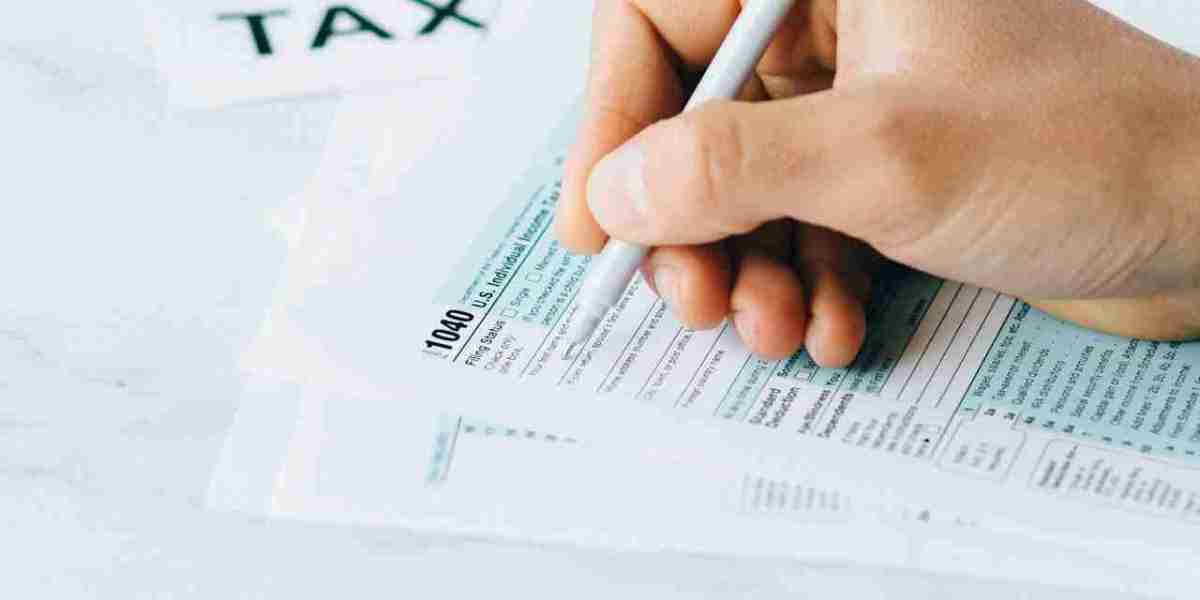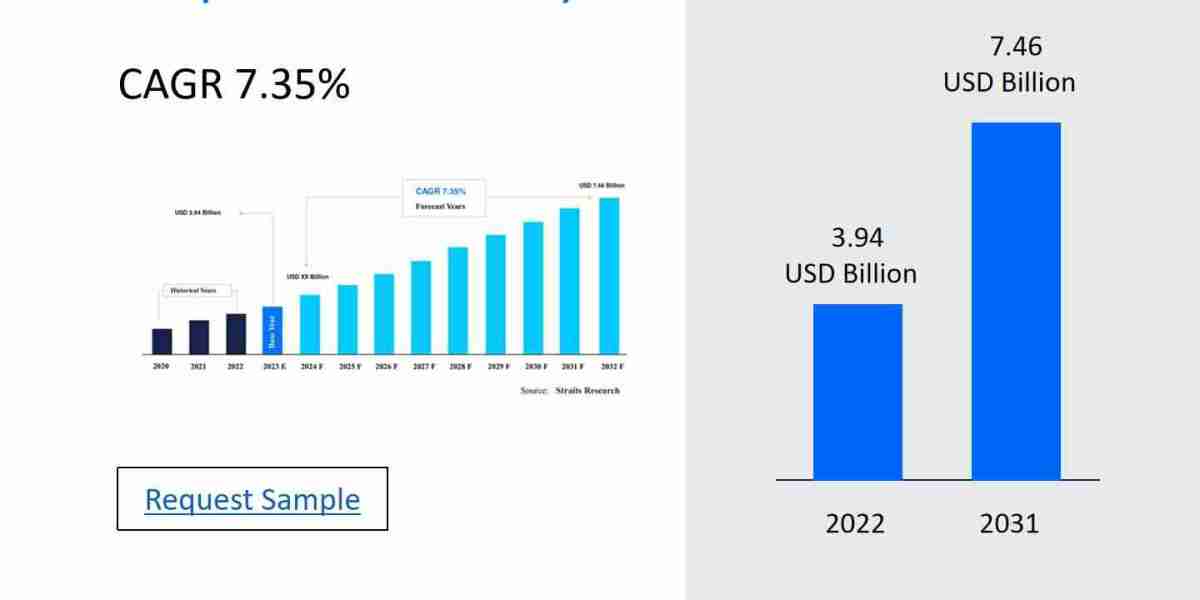Navigating the UK's tax system can be a daunting task, especially when it comes to completing your self-assessment tax return. Whether you're self-employed, a landlord, a company director, or someone with additional income streams, managing tax deadlines, allowable expenses, and HMRC submissions can feel overwhelming.
That’s where a self-assessment tax return accountant comes in. In this guide, we’ll break down everything you need to know about why hiring a qualified tax accountant is not only helpful—but essential.
What is a Self-Assessment Tax Return?
A self-assessment tax return is a method used by HMRC (Her Majesty’s Revenue and Customs) to collect income tax. Unlike employees whose taxes are deducted automatically via PAYE (Pay As You Earn), individuals with untaxed income must calculate and report their income themselves.
This includes:
Freelancers and self-employed individuals
Directors of limited companies
Property landlords
Individuals with foreign income
High earners (over £100,000/year)
Investors earning dividends or capital gains
If this sounds like you, submitting an accurate return on time is crucial. Mistakes or delays can result in penalties and interest charges—something no one wants to deal with.
Who Needs to File a Self-Assessment Tax Return?
Many UK residents assume only the self-employed need to file, but the list is more extensive. You’ll need to file a return if you fall under any of the following:
Self-employed or sole trader earning over £1,000 (before deducting expenses)
Landlords with rental income over £1,000
Company directors receiving dividends or benefits
Partners in a business partnership
Those who earned income from abroad
Individuals with capital gains (e.g., property or investment sales)
People earning over £50,000 and claiming child benefit
Investors with taxable interest, dividends, or savings
Filing late or incorrectly can lead to hefty fines, so getting it right matters.
Common Challenges Faced by Taxpayers
Filing a self-assessment tax return isn’t as simple as filling out a form. Some common issues include:
Understanding allowable expenses
Knowing what you can and cannot claim can impact your tax bill significantly.Keeping proper records
Receipts, invoices, mileage logs—tracking everything is time-consuming and easy to get wrong.Confusion over deadlines
The deadline for online submissions is 31st January, but many forget or leave it until the last minute.Changes in tax laws
Tax laws evolve, and not staying current can lead to non-compliance.Calculating tax liability
Errors in calculations can result in overpaying—or underpaying (which comes with interest and fines).
Top Reasons to Hire a Self-Assessment Tax Return Accountant
Working with a qualified accountant can take the stress out of tax season. Here’s why it’s worth every penny:
✅ Accuracy and Compliance
A professional accountant ensures your tax return is accurate and fully compliant with HMRC regulations, reducing your chances of audits or penalties.
✅ Time-Saving
Instead of spending hours crunching numbers, gathering documents, and researching rules, you can focus on your business or career while your accountant handles the tax side.
✅ Expense Optimization
An experienced accountant will help you claim all allowable expenses, such as:
Office supplies and equipment
Travel and mileage
Business-related meals
Utility bills (for home offices)
Professional subscriptions
This can dramatically reduce your taxable income.
✅ Peace of Mind
With a qualified professional in your corner, you can rest easy knowing your finances are handled with care, expertise, and attention to detail.
How an Accountant Can Save You Money
You might think hiring an accountant is an added cost—but in reality, it can save you money in multiple ways:
Avoiding penalties for late or incorrect submissions
Maximising deductions to reduce your tax bill
Identifying overlooked tax credits
Tax planning advice for the future (e.g., pension contributions or forming a limited company)
When you factor in these savings, the cost of an accountant quickly pays for itself.
What to Look for in a Good Self-Assessment Tax Return Accountant
Not all accountants are created equal. Here are a few key features to look for:
✔️ Qualifications and Experience
Look for professionals with recognised certifications such as:
ACCA (Association of Chartered Certified Accountants)
ICAEW (Institute of Chartered Accountants in England and Wales)
✔️ Transparent Pricing
Avoid hidden fees. Choose an accountant who offers clear, fixed-price packages.
✔️ Specialisation
Choose an accountant who specialises in self-assessments and understands the nuances of your industry (e.g., freelancing, property, or e-commerce).
✔️ Client Support
Opt for firms that provide year-round support, not just during tax season.
Why Quick Tax Returns is a Trusted Choice in the UK
At Quick Tax Returns, we understand that your time and money are valuable. Our team of certified accountants offers:
✅ Fixed pricing—no surprises
✅ Fast turnaround—get your return submitted without delay
✅ Personalised advice—tailored to your profession and income type
✅ Secure, paperless process—no in-person appointments required
✅ Full HMRC registration and compliance
We serve clients across the UK—whether you're a landlord in Leeds, a contractor in Birmingham, or a freelancer in London.
Final Thoughts: Invest in Peace of Mind
Filing your self-assessment tax return doesn’t have to be stressful or confusing. With the help of a self-assessment tax return accountant, you can avoid mistakes, minimise your tax bill, and stay compliant with HMRC—all while saving time and stress.
If you're looking for affordable, professional, and reliable tax return services, Quick Tax Returns is here to help.
Don’t wait until the last minute. Contact us today to get your self-assessment done quickly and correctly!
FAQs
Q: When is the self-assessment tax return deadline?
A: The online filing deadline is 31st January following the end of the tax year. Paper returns are due by 31st October.
Q: Can I file my self-assessment tax return myself?
A: Yes, but many individuals choose to hire a professional accountant to ensure accuracy, maximise deductions, and avoid stress.
Q: What documents do I need to give my accountant?
A: Income details, expense receipts, P60/P45 forms, pension contributions, bank interest statements, and any other income documentation.




